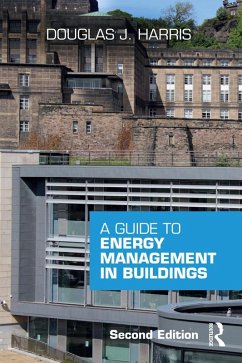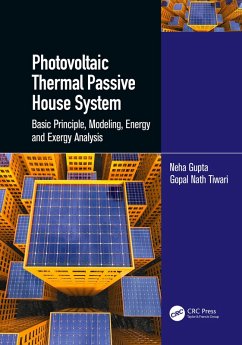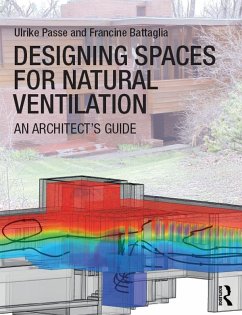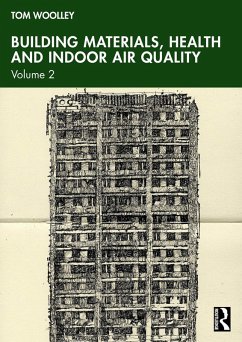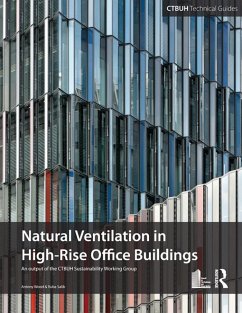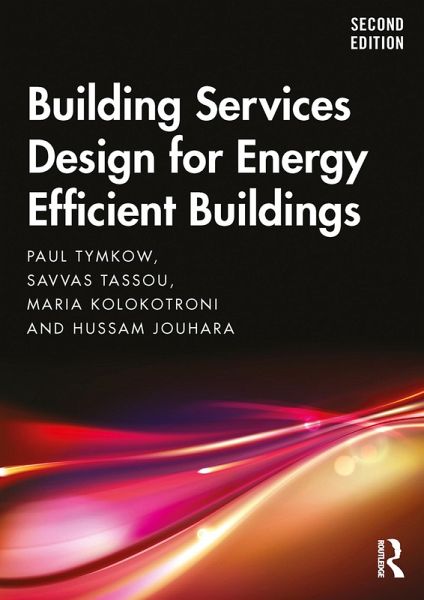
Building Services Design for Energy Efficient Buildings (eBook, ePUB)
Versandkostenfrei!
Sofort per Download lieferbar
49,95 €
inkl. MwSt.
Weitere Ausgaben:

PAYBACK Punkte
25 °P sammeln!
The role and influence of building services engineers are undergoing rapid change and are pivotal to achieving low-carbon buildings. However, textbooks in the field have tended to remain fairly traditional with a detailed focus on the technicalities of heating, ventilation and air conditioning (HVAC) systems, often with little wider context. This book addresses that need by embracing a contemporary understanding of the urgent challenge to address climate change, together with practical approaches to energy efficiency and carbon mitigation for mechanical and electrical systems, in a concise man...
The role and influence of building services engineers are undergoing rapid change and are pivotal to achieving low-carbon buildings. However, textbooks in the field have tended to remain fairly traditional with a detailed focus on the technicalities of heating, ventilation and air conditioning (HVAC) systems, often with little wider context. This book addresses that need by embracing a contemporary understanding of the urgent challenge to address climate change, together with practical approaches to energy efficiency and carbon mitigation for mechanical and electrical systems, in a concise manner.
The essential conceptual design issues for planning the principal building services systems that influence energy efficiency are examined in detail. These are HVAC and electrical systems. In addition, the following issues are addressed:
In order to deliver buildings that help mitigate climate change impacts, a new perspective is required for building services engineers, from the initial conceptual design and throughout the design collaboration with other disciplines. This book provides a contemporary introduction and guide to this new approach, for students and practitioners alike.
The essential conceptual design issues for planning the principal building services systems that influence energy efficiency are examined in detail. These are HVAC and electrical systems. In addition, the following issues are addressed:
- background issues on climate change, whole-life performance and design collaboration
- generic strategies for energy efficient, low-carbon design
- health and wellbeing and post occupancy evaluation
- building ventilation
- air conditioning and HVAC system selection
- thermal energy generation and distribution systems
- low-energy approaches for thermal control
- electrical systems, data collection, controls and monitoring
- building thermal load assessment
- building electric power load assessment
- space planning and design integration with other disciplines.
In order to deliver buildings that help mitigate climate change impacts, a new perspective is required for building services engineers, from the initial conceptual design and throughout the design collaboration with other disciplines. This book provides a contemporary introduction and guide to this new approach, for students and practitioners alike.
Dieser Download kann aus rechtlichen Gründen nur mit Rechnungsadresse in A, B, BG, CY, CZ, D, DK, EW, E, FIN, F, GR, HR, H, IRL, I, LT, L, LR, M, NL, PL, P, R, S, SLO, SK ausgeliefert werden.






